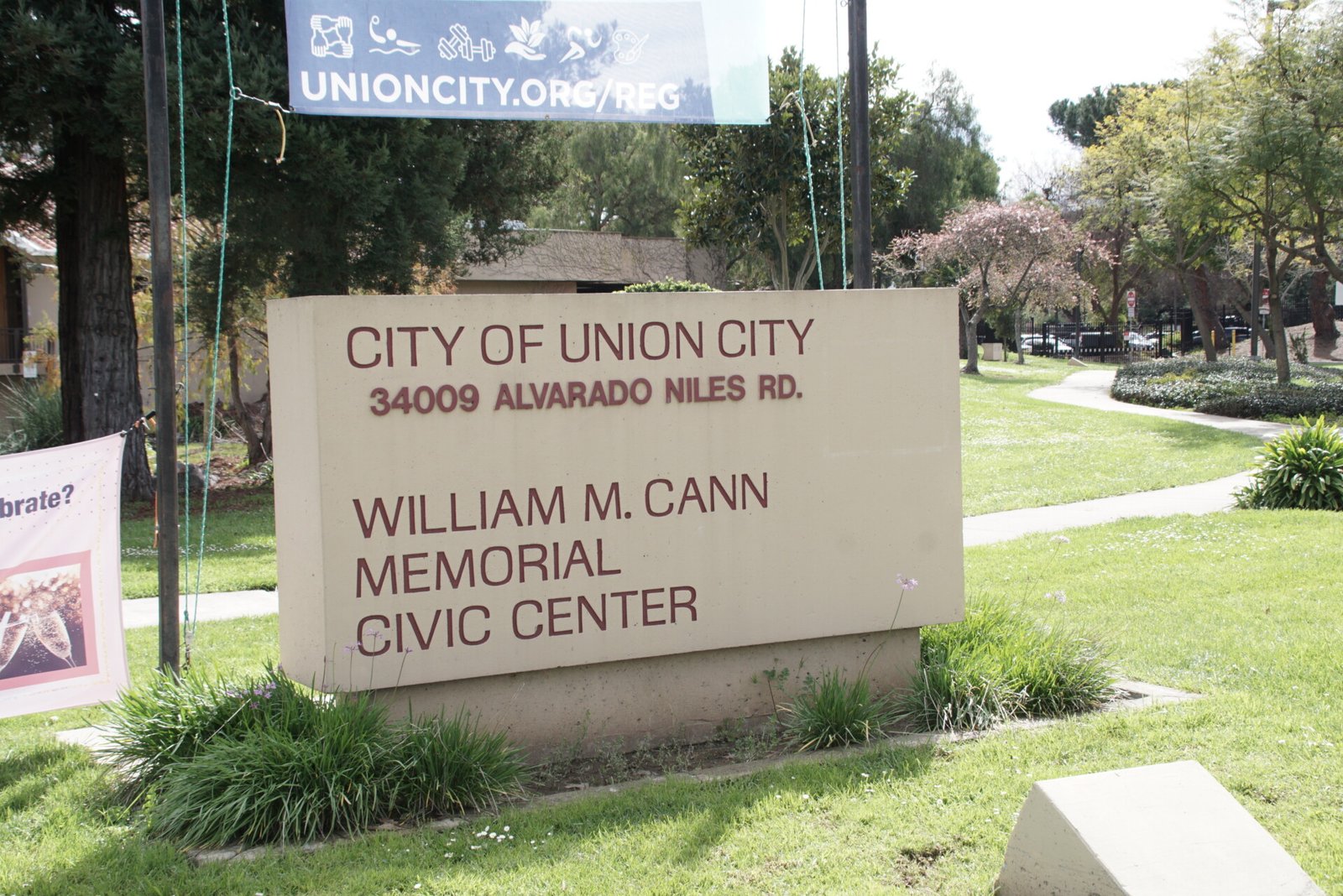In Union City, California, a contentious debate has emerged over the proposal to approve the creation of Union City’s THIRD recreational marijuana store within city limits, despite vocal opposition from residents. The City Council’s persistent efforts to push through this initiative have sparked outrage and concern among community members, highlighting the complex dynamics at play in the intersection of public policy, local governance, and public interest.
At the heart of the issue lies the clash between the need for increased tax revenues, and public safety. Proponents of expanding the number of recreational marijuana stores argue that it would bolster the city’s economy, generating tax revenue and creating job opportunities. They point to existing recreational marijuana stores and the alleged benefits of tapping into the burgeoning cannabis industry. Additionally, proponents argue that increased accessibility to legal cannabis can help curb black market activities and promote responsible consumption.
However, such arguments are met with staunch opposition from many Union City residents who are wary of the social and safety implications of proliferating marijuana businesses in our community. Concerns range from fears of increased crime and safety risks to worries about the impact on the city’s image and quality of life. Residents cite studies linking the presence of recreational marijuana stores with higher rates of property crime and the potential normalization of drug use, particularly among young people. Moreover, some residents express fear over the proximity of these establishments to schools, parks, and residential neighborhoods.
Despite vocal opposition from residents, the City Council has continued to push for additional recreational marijuana stores, citing economic benefits and the need to adapt to changing attitudes towards cannabis consumption. This persistence has fueled frustration and distrust among residents, who feel marginalized and unheard in the decision-making process. While Mayor Carol Dutra-Vernaci is quick to acknowledge the importance of voter participation in the ‘democratic process’, the mayor and council members Scott Sakakihara and Jaime Patiño have been largely resistant to directly acknowledging residents’ concerns. Perhaps ‘NIMBYism’ is at play, in so much as none of the existing pot stores, nor the one now proposed for Alvarado-Niles Road, reside in any of the afore-mentioned council member’s districts.
The rift between the City Council and residents underscores broader issues of representation and accountability in local governance. While elected officials are entrusted with making decisions that serve the best interests of the community as a whole, their actions must also reflect the concerns and values of the constituents they represent. In the case of Union City, the disconnect between the City Council’s agenda and residents’ wishes highlights an extreme failure in communication and engagement between elected officials and the community.
Moving forward, bridging this divide will require genuine dialogue and collaboration between the City Council and the residents of Union City. It is essential for elected officials to listen to the concerns of our community, address legitimate grievances, and work towards finding common ground. Only through transparent and inclusive decision-making processes can Union City navigate the complexities of cannabis regulation while fostering trust and unity within the community. Anything short of this demands swift and decisive voter reaction at the polls to oust council members who patently and consistently ignore the ‘will of the people’.
